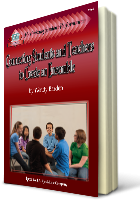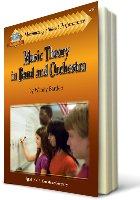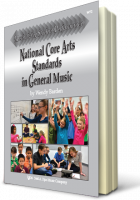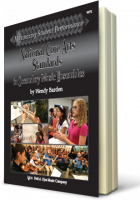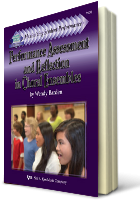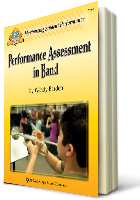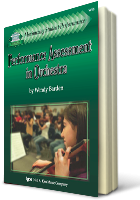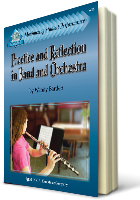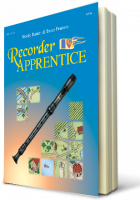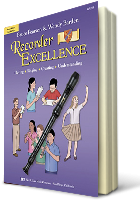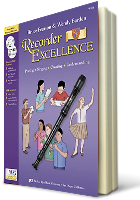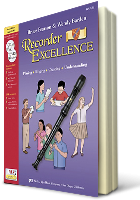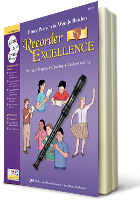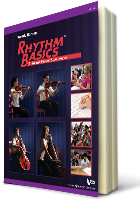Bringing informal music-making practices into the classroom
I’ve been thinking about students in middle school and high school who are required to take a music elective, are not involved in a traditional performing ensemble, have decided they do not like school music. And yet, they have an mp3 player full of music. It’s not that they don’t like music—they don’t like what they’ve come to know as music education! Could music education be more like music outside of school?
Lucy Green is a professor of music education at University of London, England, and she’s logged decades of action research developing an approach that might better engage seemingly uninterested, unmotivated students in school music. In a nutshell, her work has focused on identifying practices of informal music-making outside of school, and incorporating these practices into the formal music education setting. The detailed story of Green’s research is shared in Music, Informal Learning and the School: A New Classroom Pedagogy.
In her book, Green identified five principles of informal music making that set it apart from more formal music education:
- Learners choose their own music, often something that is familiar and that they enjoy.
- New songs are often learned by listening and copying, rather than by reading notation.
- Music-making takes place independently and in small groups of friends with minimal, if any, adult/expert support.
- Performance skills and knowledge often develop as needed, rather than in a predetermined scope and sequence.
- Learning involves listening, performing, improvising and composing, with emphasis on personal expression and creativity.
The principles Green describes came together in a music class where students worked in small groups to make their own music. Students chose a cover song, listened to a recording, learned just enough technique to play parts on a particular instrument, worked out their differences in the group, and created their own performance of the song.
It reminds me of a high school class in my district that we call Garage Band (old school Garage Band as in get-your-friends-together-and-jam-in-the-garage). Walk into class any day and it may seem a bit chaotic, but students are working out their original songs… learning and truly making music together!
Yes, and… Without adding a Garage Band class, is it feasible to consider any of Green’s principles in traditional school music classes? If so, would these make a difference to seemingly uninterested, unmotivated students? Might these principles also help all students be more successful? Quite possibly.
At the very least, Lucy Green’s work has provided student-tested ideas and a lot for us to consider. Always, wherever one approach to music education has not worked… the only way to get different results is to do things differently. What might that look like?
- How can we bring student-choice into day-to-day learning?
- How can we start with music that is familiar to students and build from that?
- How can we activate, recognize, and balance aural skills with reading music notation?
- How can we structure learning in small groups rather than whole class activities?
- How can we be more of a “guide on the side” rather than a “sage on the stage”?
- How can we teach concepts when they relate to repertoire rather than as discrete learning?
- How can we integrate creating, performing, and responding to music rather than address them in isolation?
- How can we nurture and celebrate student creativity and expression?
- Are there new music electives that could be introduced?
Green’s pedagogy became part of Musical Futures, a national music education program in England. Check out the Musical Futures website for a variety of teacher resources.
Thanks for pausing with me for a few minutes in your busy week. Have a good one!
____________________
Green, Lucy. Music, Informal Learning and the School: A New Classroom Pedagogy. Farnham, Surrey, England: Ashgate (2008).
Musical Futures, “Resources.” http://www.musicalfutures.org/resources (accessed December 2, 2014).
State Education Agency Directors of Arts Education. National Core Arts Standards. Dover, DE: State Education Agency Directors of Arts Education, on behalf of the National Coalition for Core Arts Standards (2014).



